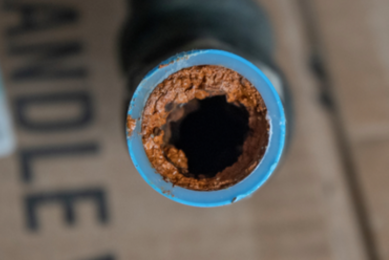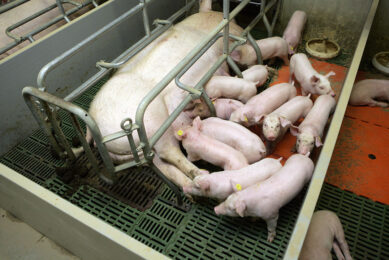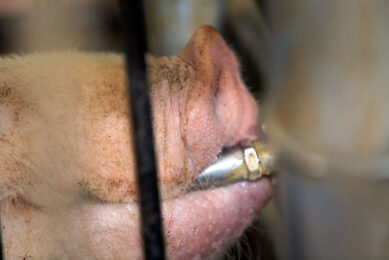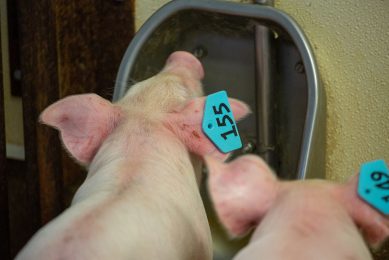UK: floods cause lack of water for pigs
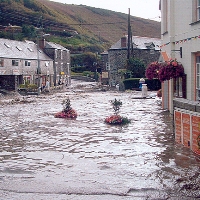
The heaviest floods in years threaten some parts of UK livestock farming as there is a lack of clean drinking water for the animals.
Rain has been sweeping over the country for days now, causing rivers to flood and farmlands in the Midlands and Wales to be under feet of water, causing damage to crops (lower grain quality) and livestock farmers.
Especially the counties of Gloucestershire, Warwickshire and Worcestershire are suffering as a water plant is out of order – causing 200,000 people to be left without drinking water – but also pig and poultry farms in areas that are untouched by flooding.
Biggest issue
Robert Brooks of the National Farmers Union (NFU) Mutual in Gloucestershire told the English farming magazine Farmers Weekly that the lack of fresh water was the biggest issue.
Together with Severn Trent Water, the NFU has been arranging for mobile water tankers to go to points around the county, providing supplies for farmers to water their livestock and wash down their milking equipment.
Allowing animals to drink flood water was not an option, given the levels of silt, fuel, sewerage and other pollutants that had got into it, he added.
Pigs need a lot of water to drink (a sow at least 20 litres/day). It is thought the deprivation of fresh water could take until after this weekend before the water plant is drained, cleaned and disinfected.
Millions
The floods will cost farming hundreds of millions of pounds, the NFU estimated, with little recompense from insurance or government.
Some of the losses, such as damage to buildings and machinery, will be covered by insurance policies, said Brooks. “But crop and stock losses, and clearing-up costs will have to be met by the farmer.”
Country land and business association president David Fursden said government must look at its priorities between flood protection and environmental enhancement. “Where we are prevented from cleaning out ditches and rivers in case we disturb nesting birds, then we are clearly prejudicing our ability to manage summer flooding,” he said.
Defence
Pig management expert and Pig Progress columnist John Gadd added, “There are lessons we British can learn from this disaster. Money must be spent on water plants and power stations which lie in a flood plain to have a watertight flood defence built around them.”
“And/ or that water plants must have interconnecting pipelines to other plants outside the area so that drinking water can be moved between them in the event of flood and terror attacks.”
Related websites:
• National Farmers Union
• Farmers Weekly
• Severn Trent Water
For the latest pig news, subscribe here



